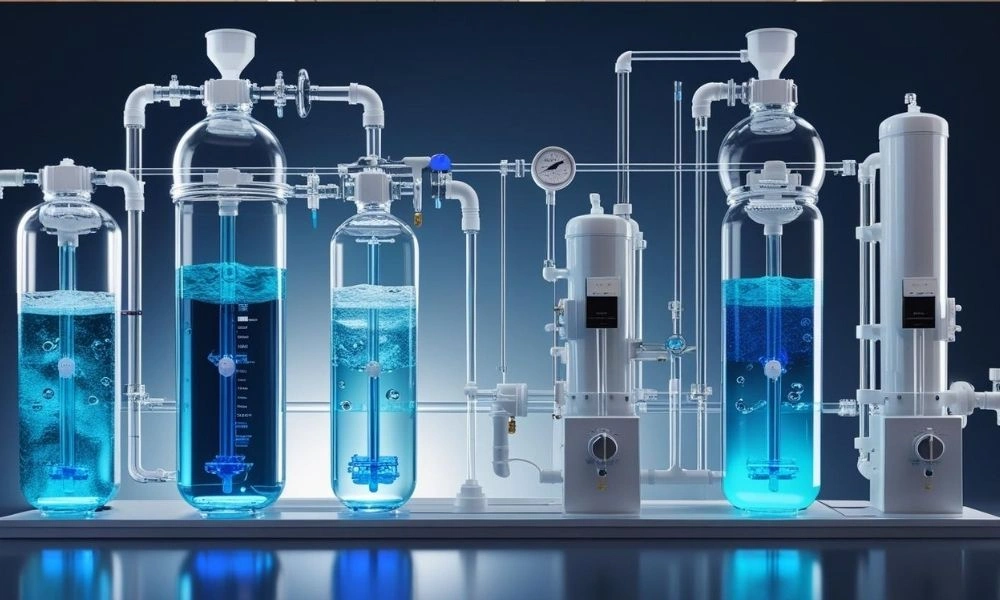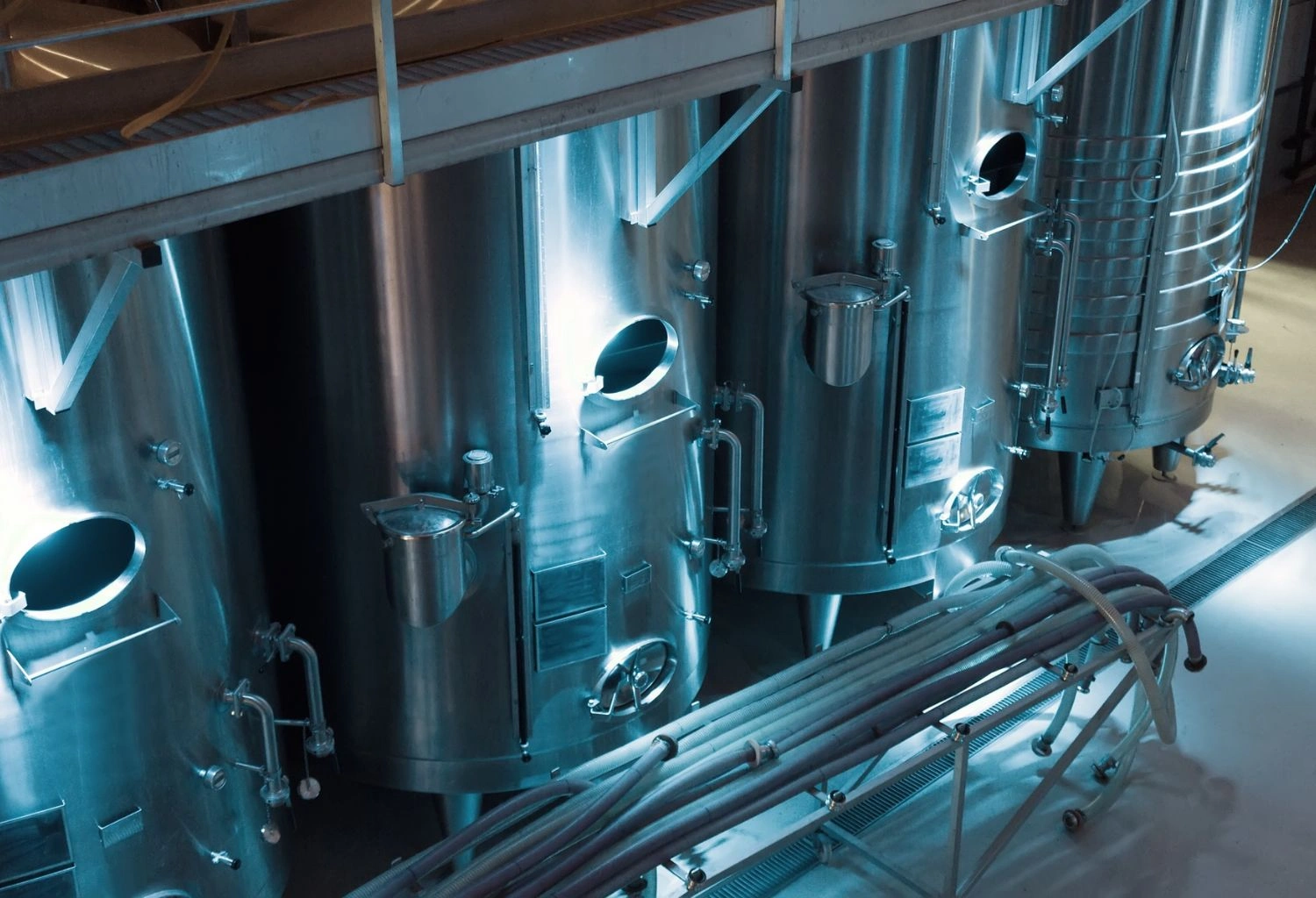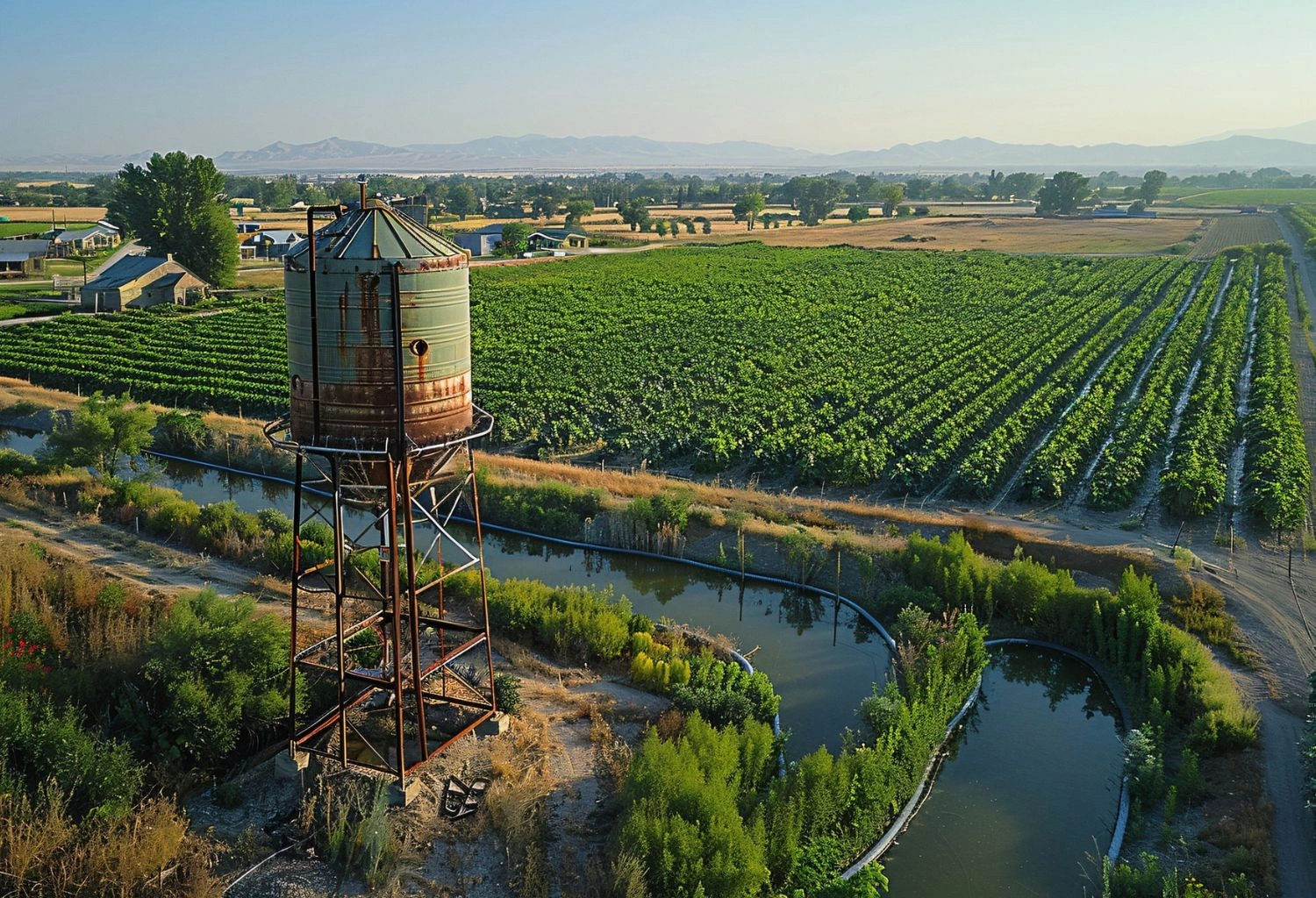Water Care Services Pakistan (WCSP) offers eco-friendly wastewater treatment solutions amid Pakistan’s growing industrialization and water crisis. Using technologies like bioremediation, electrocoagulation, and AOP, WCSP helps industries meet NEQS standards, reduce pollution, and reuse water sustainably. With over 17 years of experience, WCSP provides customized, low-maintenance, and cost-effective systems supporting environmental compliance and corporate responsibility.
Chlorination System
The Importance of Green Wastewater Solutions in Pakistan
Pakistan’s Water Crisis and Industrial Expansion
Pakistan is industrializing fast, and with it, the Eco-Friendly Wastewater Treatment and generation of wastewater increases at the same speed. From textile mills in Faisalabad to chemical factories in Karachi, there are thousands of industries emitting huge amounts of wastewater every day. Sadly, most of it ends up being released untreated into natural water bodies.
The untreated wastewater holds toxic chemicals, heavy metals, suspended solids, dyes, oils, and microbial pathogens. These pollutants pollute rivers, canals, and groundwater, impacting agricultural productivity, aquatic ecosystems, and public health.
Government Regulations and Industrial Responsibility
As a response to growing pollution, the Pakistan Environmental Protection Agency (Pak-EPA) has now made adherence to the National Environmental Quality Standards (NEQS) obligatory for all industries. These include:
- Treating wastewater prior to disposal
- Monitoring effluent discharge on a periodic basis
- Submitting treatment records for audit
- Failure to do so can result in:
- Legal penalties and operation suspension
- Loss of licenses and certifications
- Public outrage and brand loss
But aside from regulations, there’s also ethical obligation. Businesses nowadays are supposed to be environmentally friendly. Implementing green systems assists companies in enhancing public reputation, fulfilling ESG objectives, and attracting overseas clients.
WCSP’s Eco-Friendly Wastewater Treatment Technologies
About Water Care Services Pakistan (WCSP)
Water Care Services Pakistan (WCSP) was founded in 2007 and is an ISO-accredited organization that provides tailored water and wastewater treatment solutions to industries nationwide. Its reputation for innovation coupled with local knowledge makes WCSP apply sophisticated technologies that are cost-effective, eco-friendly, and effective.
They have expertise in:
- Sludge-free bioremediation
- Electrocoagulation (EC)
- Advanced Oxidation Processes (AOP)
- MBBR and hybrid systems
WCSP has provided projects to customers in pharmaceutical, food processing, textile, steel, leather, and chemical industries—providing turnkey design, installation, and aftercare.
Bioremediation – A Natural & Sludge-Free Solution
One of WCSP’s hallmark technologies is bioremediation. It employs naturally occurring enzymes and bacteria to degrade organic contaminants like fats, oils, sugars, and proteins in wastewater. The technology is eco-friendly and doesn’t involve the use of severe chemicals.
Key advantages:
- No sludge production
- No handling of chemicals
- Energy saving
- Eco-safe for reuse and release
This process is particularly ideal for food, dairy, pharmaceutical, and paper processing industries where biological waste is the norm. Bioremediation is compatible with green factory certifications and minimizes the operating expense of waste management.
Electrocoagulation – Pure Water with Electrical Power
Electrocoagulation (EC) utilizes electric currents to destabilize and precipitate contaminants from wastewater. WCSP’s EC systems are automated and able to process high levels of industrial pollutants, such as metals, oils, and dye substances.
Industries adopting EC enjoy:
- Quick and stable treatment performance
- Lower operating expenses than chemical coagulation
- Fewer chemical residues and secondary pollution
- Compact system design for space-saving installation
It’s an ideal option for textile mills, paint industries, tanneries, and metal-plating facilities.
Advanced Oxidation Processes (AOP) – Disintegrate the Hard Stuff
For highly toxic, non-biodegradable, or persistent polluters that industries are making, WCSP provides Advanced Oxidation Processes (AOP). The method utilizes hydroxyl radicals to disintegrate unsafe molecules like phenols, solvents, and pharmaceutical residue.
Why industries opt for AOP:
- Operates where conventional treatment cannot
- Leaves no perilous byproducts
- Makes water safe for reuse or environmental release
- Complies with global discharge standards
Chemicals, pesticides, pharmaceuticals, and dyes industries depend on AOP for clean and compliant discharge.
Wastewater Treatment for Agriculture
Hybrid Solutions – Custom Eco-Friendly Designs
WCSP usually integrates two or more technologies to form a hybrid solution specific to the requirements of the industry. For instance, an MBBR process for organic load and then electrocoagulation to treat oils and heavy metals. Or bioremediation followed by AOP for total purification.
Strengths of WCSP hybrid systems:
- High efficiency for complex wastewaters
- Low energy usage
- Expandability for future growth
- NEQS and ISO compliance assured
These systems are meant to minimize manual labor, need less maintenance, and can be accessed remotely.
Industries WCSP Serves
WCSP’s green systems are already utilized in various industries in Pakistan:
- Textile and Dyeing: Deactivates color, BOD, and COD from the dyes
- Food Processing: Treats fats, oils, and organic wastes
- Pharmaceuticals: Deals with toxic chemicals and drug residues
- Metals & Steel: Eliminates oils, grease, and metal ions
- Beverage & Dairy: Treats sugars, proteins, and cleaning agents
- Agriculture & Pesticides: Eliminates pesticide residue and toxins
WCSP System Features
What makes WCSP unique is the convergence of contemporary features with sustainable design:
- PLC-based control systems
- Real-time monitoring dashboards
- Sludge-free or low-sludge designs
- Low use of chemicals
- Small footprint and scalability of setup
- Complete local service and maintenance
With these features, clients can achieve legal and environmental objectives while minimizing long-term treatment expenses.
Why WCSP?
Regarding environmentally friendly wastewater treatment solutions in Pakistan, WCSP is a reliable business partner for industry leaders. Their strengths are:
- More than 17 years of local and global experience
- High emphasis on innovation and sustainability
- Complete customization depending on industry type and effluent quality
- Staff comprising chemical, environmental, and mechanical engineers
- Rapid response support and 24/7 post-project care
From compliance to corporate responsibility, WCSP has it all with professionalism and performance.
Conclusion
Pakistan’s industrial future relies on clean water and responsible environmental stewardship. As regulations grow stricter and resources dwindle, industries must take action. Water Care Services Pakistan (WCSP) is driving this change through the provision of effective, sustainable, and affordable treatment systems.
Through intelligent technologies such as bioremediation, electrocoagulation, and AOP, WCSP enables companies to meet NEQS, minimize their environmental impact, and recover treated water for reuse.
Frequently Asked Questions (FAQs)
1. What are Eco-Friendly Wastewater Treatment Solutions in Pakistan?
They are sustainable technologies designed to treat industrial wastewater using minimal chemicals, energy, and resources—ensuring environmental safety and regulatory compliance across various sectors in Pakistan.
2. Why are eco-friendly treatment systems important for industries?
Eco-friendly systems reduce water pollution, minimize waste generation, support long-term sustainability goals, and help industries comply with Pakistan’s National Environmental Quality Standards (NEQS) and global environmental frameworks.
3. Which industries benefit most from eco-friendly wastewater treatment?
Textile, chemical, pharmaceutical, food processing, and oil industries in Pakistan benefit greatly by lowering their environmental footprint and enhancing operational sustainability through eco-friendly wastewater treatment solutions.
4. How do these systems reduce environmental impact?
They use green technologies like bioremediation, membrane filtration, and electrocoagulation to treat contaminants, recycle water, and prevent harmful discharge into natural water bodies, protecting ecosystems and communities.
5. Are eco-friendly systems more expensive than traditional ones?
While initial costs may be slightly higher, eco-friendly wastewater treatment systems in Pakistan offer long-term savings by reducing energy usage, maintenance, fines, and enabling water reuse.
6. Do eco-friendly systems meet regulatory standards in Pakistan?
Yes, most modern eco-friendly treatment technologies are designed to comply with NEQS and other environmental regulations, helping industries avoid legal issues and reputational damage.
7. Can small industries in Pakistan afford eco-friendly systems?
Yes, modular and scalable solutions are available, making eco-friendly wastewater treatment accessible and cost-effective for both small and large-scale industrial units in Pakistan.
8. What technologies are used in eco-friendly wastewater treatment?
Common technologies include sludge-free bioremediation, membrane bioreactors, advanced oxidation processes, and zero liquid discharge systems—each offering cleaner, safer water treatment alternatives.
9. How does wastewater recycling help industries?
Recycling treated wastewater reduces fresh water dependency, lowers utility costs, and contributes to corporate social responsibility by promoting environmental sustainability in industrial operations.
10. Are eco-friendly systems difficult to maintain?
No, most are automated and require minimal manual intervention. With proper installation and training, industries can manage and maintain these systems easily and cost-effectively.



